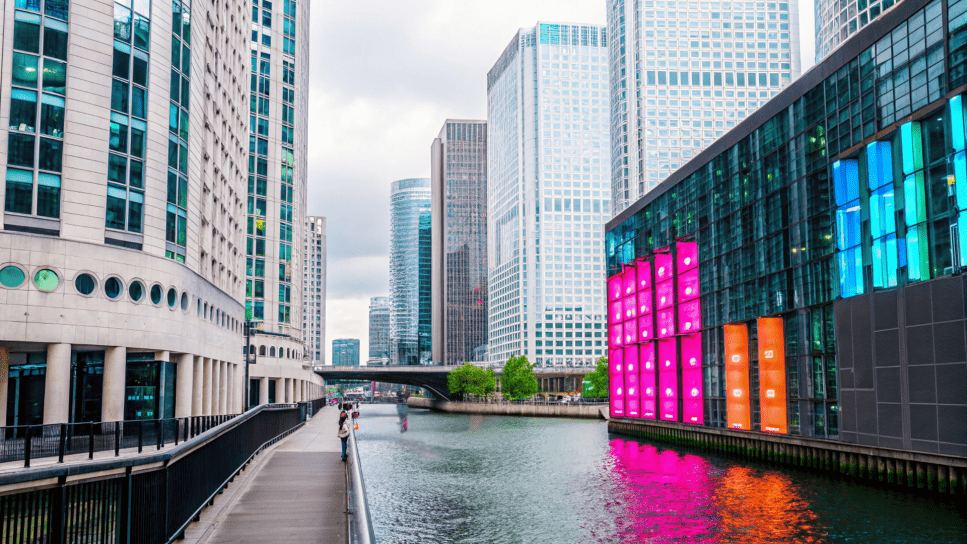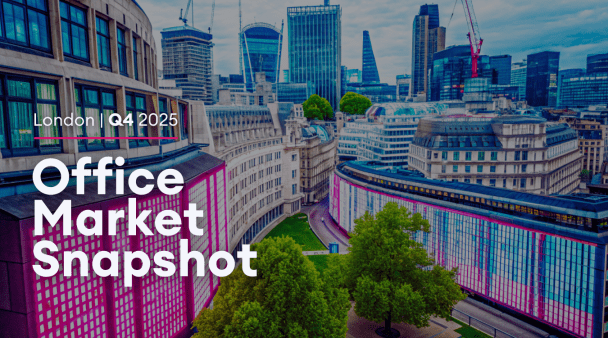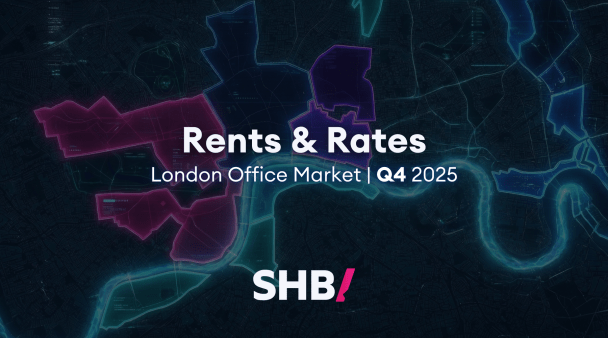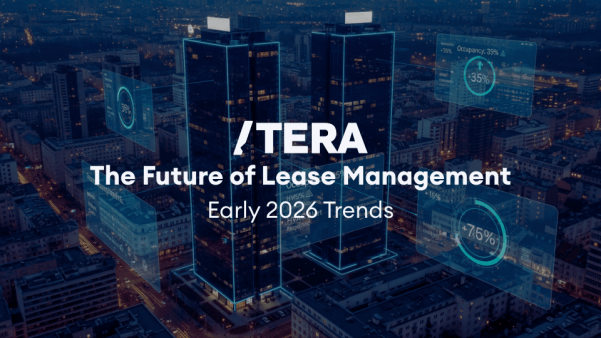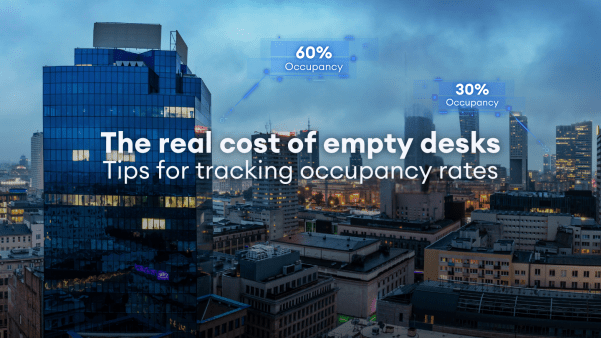How does this pandemic compare to past recessions? – Part 1
Many of us will remember previous downturns in the economy and the subsequent times that followed. In this two-part article our CEO Simon Blair will explore the effect past recessions had on the economy and compare them to the pandemic we are currently experiencing. First, a look back at past recessions:
1989 — The Housing Crash
The Housing Crash was the unrelenting period where unemployment soared and interest rates screamed to over 16%. There were countless lines of people handing their house keys back to the banks, knowing that there was no chance they could afford to pay the mortgage costs. This recession was utterly unforgiving in its insatiable mission to ruin everything and everyone in its path. I was still at school during The Housing Crash, but I recall it as the purest downturn I have ever seen, it touched everyone I knew and continued on without any government or banking interference.
Dot com Bubble Bursting — 2001
Moving on to the first of what I am sure will be many recessions triggered by .com. This downturn was fairly restricted, disproportionately affecting one industry. The tech industry was growing at alarming rates, and it continues to do so. Today we have seen the boom of seed-funded companies sold for vast sums when the business does not actually make any material profits. It’s hard to decide whether the creator of the phrase ‘everyone knows tech firms only make money after five years’ deserves a slap or a high five! Just to be clear on my view here, I have zero doubt the future of the tech industry is limitless and it will be the leading industry of the future, to surpass all industries.
There was the industrial revolution towards the latter part of the 20th century and the early 21st century will be known as the technological/digital revolution many years from now. It won’t be straightforward journey, but there’s no doubt it will be a hell of a ride.
The Banking Crisis — 2008/2009
It seems like just yesterday on a bright-ish morning in 2008, the news powered across the world; the Lehman Brothers was going down. Gathering momentum like a mighty tsunami the bad news just kept coming and once again we realised the party was over. Although, as it turned out, a modern-day magic trick known as ‘Quantitative Easing’, meant the party wasn’t completely over – merely suspended. I’m sure we all had a torrid time of it, and I myself was made redundant over this one, but it didn’t have the major destructive feel of other recessions due to the fact it remained primarily reduced to the financial industry. No doubt money poured from the banking system, but aside from a few rough years, there was a limited human impact. Although it certainly created a modern breed of banker haters.
The Pandemic — 2020
This downturn is so unlike the previous ones that it makes it impossible to judge it based on historical evidence. We’re still very much in the early stages, but already we’re hearing universally that this is the ‘worst recession of our lifetime’.
I’m prepared to reserve judgement for now as I seem to recall hearing the exact same claim from ‘people in the know’ in previous downturns, although having said that, there is a clear monumental difference between this impending recession and those which have gone before – it is driven by a force so completely unpredictable that it feels like a recession with no beginning, middle or end. What we do know though is most people don’t learn from recessions that have gone before, but boom and bust cycles keep the world turning – and no singular person can change that, not even Jeff Bezos!
Would a downturn have happened anyway?
The big question is whether an economic collapse would have happened if Covid-19 had never come about. Obviously, we will never know for sure, but I personally believe there would have been another trigger. In hindsight, the markets felt overextended and there were clear signs there. Abnormally low-interest rates, low unemployment, the true rate of inflation too high, and far too many zombie companies circulating, not contributing to national GDP. When you look back, the party had come to an end and Covid-19 was a mere catalyst of economic downturn, albeit at the most tragic human cost. However, perhaps if it weren’t for the bailouts given out by the government some of these companies would have gone bust before the pandemic, the bailouts kept them above water for a bit longer but sadly were just delaying the inevitable in the long run. What we’re seeing now if the fast-track demise of some industries that have been struggling for a while.
Bricks and mortar retail has been struggling since the emergence of the internet, with the option of online shopping taking precedence for many people. Add in the closure of all ‘non-essential retail’ for months on end and you have an entire industry on its knees. Supermarkets have forced out many of the local food retailers with their extreme low prices and mass choice making them an easier option for many consumers.
Even prior to Covid, film and theatre were desperately competing with the likes of Netflix and Home Cinema – I can admit to having given in to the power of Peaky Blinders, Homeland, Billions (yes yes YES) and rewatching heaps of classic movies (old and new).
For holidays, AirB&B has influenced a new type of holiday experience, and due to general travel restrictions people in the UK have been forced back to the forgotten and not-forgotten coastal towns for their ‘self-contained’ holiday experience. The demise of some airlines could give way to better and more carbon-efficient fleets in the future.
The rebirth of the high street?
We’ve seen high streets decimated across the UK for years, with supermarkets flexing their muscles and squeezing out the local traders – as a result high streets are a monotonous stream of coffee shops, hair salons, charity shops, estate agents and Poundland. Whilst the London population has steadily migrated outwards, the high street experience has not changed. With a sudden apocalyptic desertion of central London, many people have been forced to work from home (another fast-tracked, inevitable outcome, but it seems people can largely be trusted not to be chained to their desks 9-5). There seems little doubt that some form of flexible working is here to stay, which in turn should mean there are crowds large enough in the retail forgotten towns to start to rebuild these drab high streets into something both much needed and much desired by the local masses.
As we’ve seen countless times before, when the tide changes, opportunities begin to emerge. In this case, with out of London residents remaining close to home for a period of the week, opportunities for local economies have arisen. If we carry on along this route, local occupiers will reap the rewards and the local entrepreneur will once again rise. This will provide local wealth and should result in a renewed sense of community.
Do people want to work from home or simply close to home?
Having worked very successfully from home myself, I admit that the days/weeks/months of children barging into my home office, stealing my iPad, eating my snacks, and making enough noise that my target Zoom/Teams audience simply must have heard them, I’m ready to find a nice local bolt-hole to plug in for the days that I’m not traveling into London. Sound similar? Well of course it does and to me, this is a massive part of the future. We are on the precipice of a new kind of retailer that is designed to please a broad group of demographic from those that exercise, those that have young children, those that study, and of course those that work.
Great times are close
We are so close to an exciting time that you can start to almost feel it, and the good times will be here again. For now, we must stick together both through business and for the sake of mental wellbeing, but also embrace the emerging opportunities, of which there will be many.
For free consultation or advice on any commercial real estate needs talk to our team.
